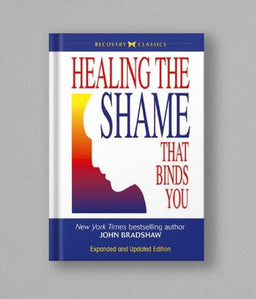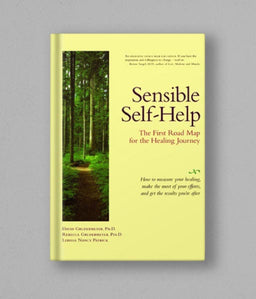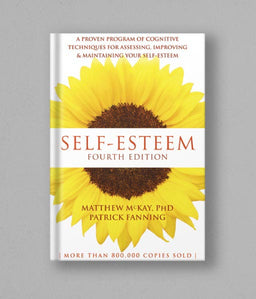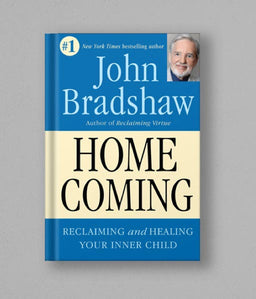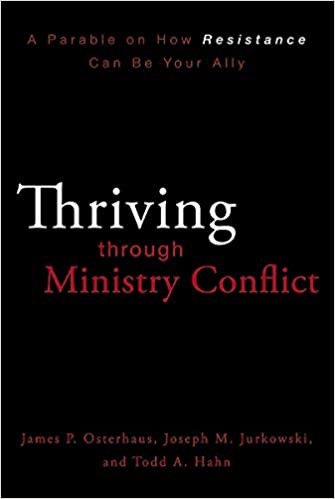
Thriving Through Ministry Conflict by James P. Osterhaus
This book was from the self-help class, Conflict Management From a Christian Perspective. It was about a character named Barry, who was the new pastor at a church, and it detailed the problems he was having in resolving conflicts most of the time. Barry's first reaction was to always blame somebody else, what the book called Red Zone behavior, instead of using Blue Zone behavior and looking for your part in the conflict.
 This book really reinforced what I believe today about conflict. Mr. Osterhaus defined conflict as just a differing opinion. The book stated that conflict is not necessarily always bad, and it is more what we are telling ourselves during that conflict that could result in things not being resolved to the satisfaction for all parties involved. In every conflict we are responsible for our part in it, which could be in the form of words we say and how we say it, how we react to things that are said to us, and, most importantly, the things we are telling ourselves in our head about any given situation. For example, if someone were to disagree with something I feel passionate about, it could easily spiral out of control if I am not aware of my thoughts and what I am telling myself.
This book really reinforced what I believe today about conflict. Mr. Osterhaus defined conflict as just a differing opinion. The book stated that conflict is not necessarily always bad, and it is more what we are telling ourselves during that conflict that could result in things not being resolved to the satisfaction for all parties involved. In every conflict we are responsible for our part in it, which could be in the form of words we say and how we say it, how we react to things that are said to us, and, most importantly, the things we are telling ourselves in our head about any given situation. For example, if someone were to disagree with something I feel passionate about, it could easily spiral out of control if I am not aware of my thoughts and what I am telling myself.
My favorite part was the chapter on refraining. I believe today it is very easy to blame others and not ever look at ourselves in any type of conflict situation. I hear it in everyday conversations, from the man that says somebody else made him mad, to the guy that believes he is only a victim of circumstance and that he is a good person. The chapter on reframing suggested how to change your thoughts in every situation. For example, if somebody answers me in a hostile tone of voice, I can easily take it personal and think that the person has something against me. But when I reframe something, I can tell myself the person might be having a bad day and to not take it personal. It works, I use it on a regular basis, and I notice my interactions with people are less stressful and confrontational. When confronted with conflict I make it a habit to search for the part that I contributed to it, and use it as a learning experience for the next time.
Purchase The Book
